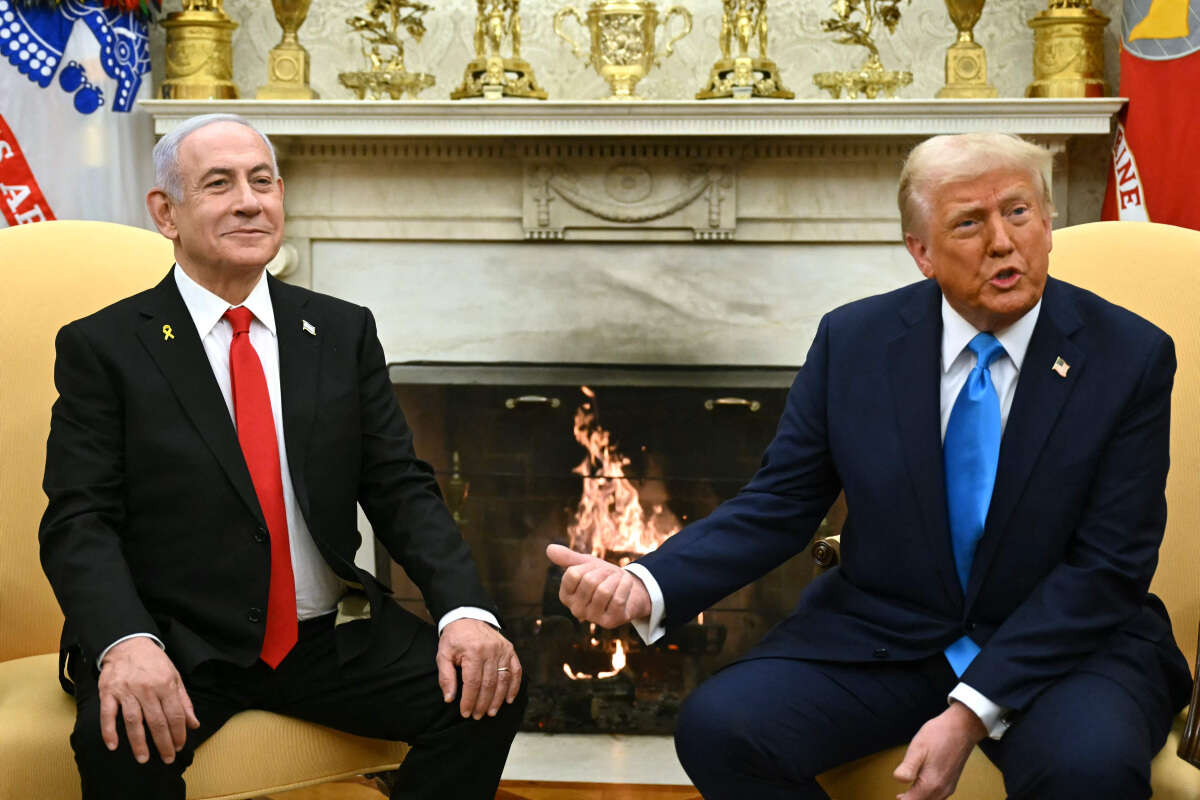1.
In 1945, the area now known as the Gaza Strip had approximately 70,000 residents. During the War of Independence, about 200,000 refugees arrived in the territory, which remained under Egyptian military control after their failed advance toward Tel Aviv was thwarted by Israeli forces. In the early 1950s, the UN established the United Nations Relief and Works Agency for Palestine Refugees (UNRWA) as a temporary organization until the refugees could be resettled. Arab nations pressured to keep the agency operational, understanding the impact of perpetuating refugee status and preserving the "right of return" – creating a permanent question mark over Israel's existence. Hamas emerged as a product of UNRWA and its educational system, which raises generations of children who view Jewish killers as role models.
UNRWA's existence produced another lethal outcome: in its care for the Gaza population, the UN relieved the perpetrators from civilian responsibilities, allowing them to focus on terrorism. Arab leaders in historical Palestine never saw themselves as responsible for any civilian aspects of their subjects' lives. They shifted this burden to the international community. In a display of profound historical shortsightedness, Israel refrained from dismantling the organization and refugee camps, even after capturing the Strip in 1967, when relocation to Sinai and other locations was possible.
2.
Toward the late 1980s, Hamas emerged as an organization that considered even Fatah operatives too moderate. Their political and religious manifesto established two principles: total commitment to Israel's destruction and killing Jews wherever they may be. No compromise with Jews would be possible, as this was a religious obligation. Few paid attention to this neo-Nazi document that guided terror operations for decades until its culmination at the October 7 massacre. The manifesto's motto quoted Hassan al-Banna, founder of the Muslim Brotherhood in Egypt: "Israel will rise and continue to exist until Islam obliterates it, as it obliterated what came before it." It is astounding to hear serious people discuss the "situation" and its solutions without having carefully read Hamas's charter.

The fundamental assumption of successive Israeli governments and security establishments was that improving Gaza residents' lives would ensure quiet. The Qatari cash suitcases were merely an extension of the economic peace concept and shallow thinking that we faced an entity with rational considerations, preferring material interests over ideology and religious belief. The Oslo Accords were the primary fruit of this thinking, and the unilateral disengagement followed from it. We left Gaza to its own devices and allowed barbarians to establish a Nazi monster on our southern border, within spitting distance. Yes, we built walls and electronic obstacles. Fine. That's the foundation for the conception.
3.
After October 7 and what we've seen since, including the evident involvement of most residents in Hamas's terror and slaughter machine, one would have to be intellectually and morally bankrupt to think we could continue living alongside this ticking bomb. Continued existence in this destroyed place under Hamas rule would encourage the region's madmen to launch similar massacre operations. They already know how to emerge standing from any massacre, even the most horrible: by kidnapping Jews. Sooner or later, the rocket drips and attacks will begin again, and the cycle continues.
Our sages taught that facing the Torah's great principle – "love your neighbor as yourself" – when your life stands against your friend's life, your life takes precedence, as it is said "that your brother may live with you" – with you! This was said about brothers of the same people; how much more so regarding our enemies whose reason for existence is murdering Jews wherever they are, even at the cost of destroying all their homes and killing their people. Our brothers and sisters in the south must not live beside these barbarians, at zero distance from them. "I swear if by morning I return to my ways,\ having learned nothing this time" (Avraham Shlonsky).
4.
Therefore, political, military, and diplomatic activity must aim for a permanent solution to the problem: transferring Gaza's population to other countries, as the world has done with tens of millions of refugees in other conflicts. In any case, most Strip residents are defined as refugees. This is also correct from a moral perspective, and might allow their next generation to begin new lives. As the song goes, "Don't say a day will come, bring the day!"




